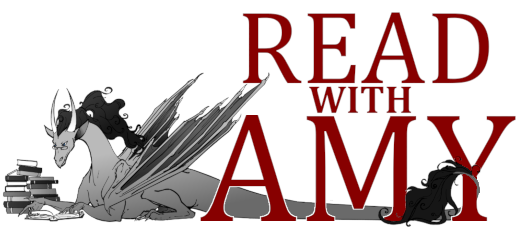
I’ve always been a reader—and until I went to law school, it didn’t matter how busy I was, I read anything, everything, voraciously, ravenously. I read on the school bus; I read between songs during the musicals I accompanied; I read during class; I read on planes, and in trains, and in the backseats of so many automobiles that my mother was certain when I started driving that I wouldn’t know how to get anywhere. I read constantly.
And then I attended law school. Law school, as it turns out, is a full-brain endeavor. One where you read and read and read some more, but case law, so much case law, and so many statutes and so many regulations. And to be successful, you need to stuff all those cases and all those statutes and all those regulations into your tiny brain and hope they don’t leak out your ears before your final—because in law school, that final is 100% of your grade and your grades determine who will even interview you in the first place, let alone hire you.
You might expect that I stopped reading in law school, but that’s not quite true. Even law school couldn’t dampen my reading entirely. But I needed something easier, something fluffier, not something less thoughtful, perhaps, but less challenging, something that required enough less of my brain that it didn’t interfere with all those cases and statutes and regulations.
So in law school, I read children’s literature and romance. And not really that much of either. But when I had time, it was children’s literature and romance.
And then after three years of cases and statutes and regulations, three years of children’s literature and romance, as I started in private practice, which didn’t really offer any additional time for reading, but at least no longer required that I reserve my brain entirely for memorization, I had to find my way back to reading more demanding works. I had to retrain my brain. To again start using it to think about things besides the law.
I did that through short fiction. My love of short fiction is premised on the challenge of building a world, a history, a people in such few pages. I love space in fiction, where my brain can work and think and construct. But foundationally, my love of short fiction is because it brought me back to reading after a time in my life when I mostly couldn’t. It was my way home.
And now, as we finally emerge from the COVID-19 pandemic, during which my brain was, for the second time in my life, categorically otherwise occupied, and I again need to find my way back to reading with any sort of focus or skill, I find myself again turning to short fiction.
So this month I want to offer you 11 masterwork collections of speculative works that I have loved. Maybe you will love them, too.
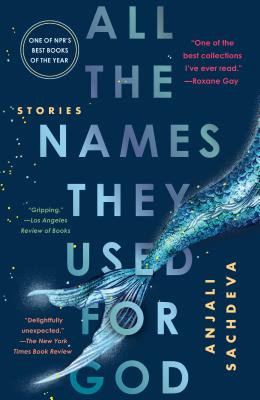
Sachdeva’s collection is delicate, balancing at that tenuous point where faith and fantasy overlap, where our need to believe in something larger than ourselves grasps at slippery threads, underscored by the inexplainable. These stories are full of wonder and awe: a man meets a mermaid, two girls practice something like witchcraft, a woman explores a subterranean cave. Sachdeva’s craft is beautiful, ineffable, inexorable.
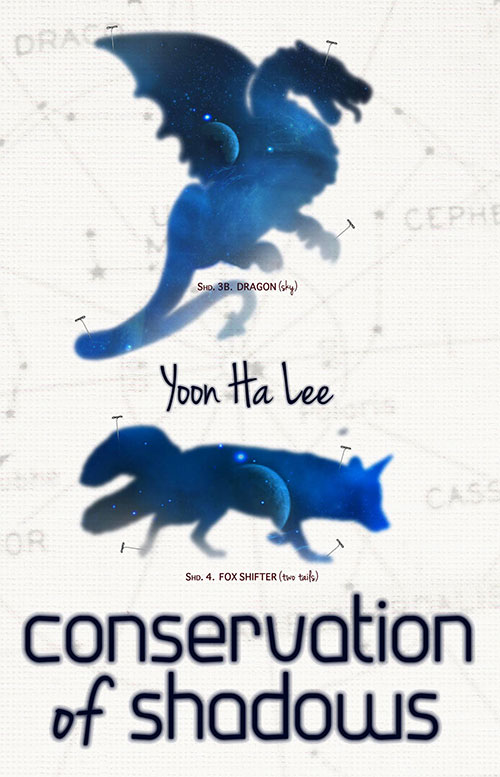
In Conservation of Shadows, Lee uses his mastery of the short-story form to insistently reclaim the muddy awfulness of war from thousands of years of a shimmering veneer of grandeur. Lee’s protagonists are clever and determined, but so very fallible, propelled by duty and sacrifice, sometimes drowning in horror. Whether with spaceships or dragons, with far-flung science fiction or ancient myths, Lee always finds a way to reclaim our humanity from not only the awful specter of war, but our insistence on draping it in glory.
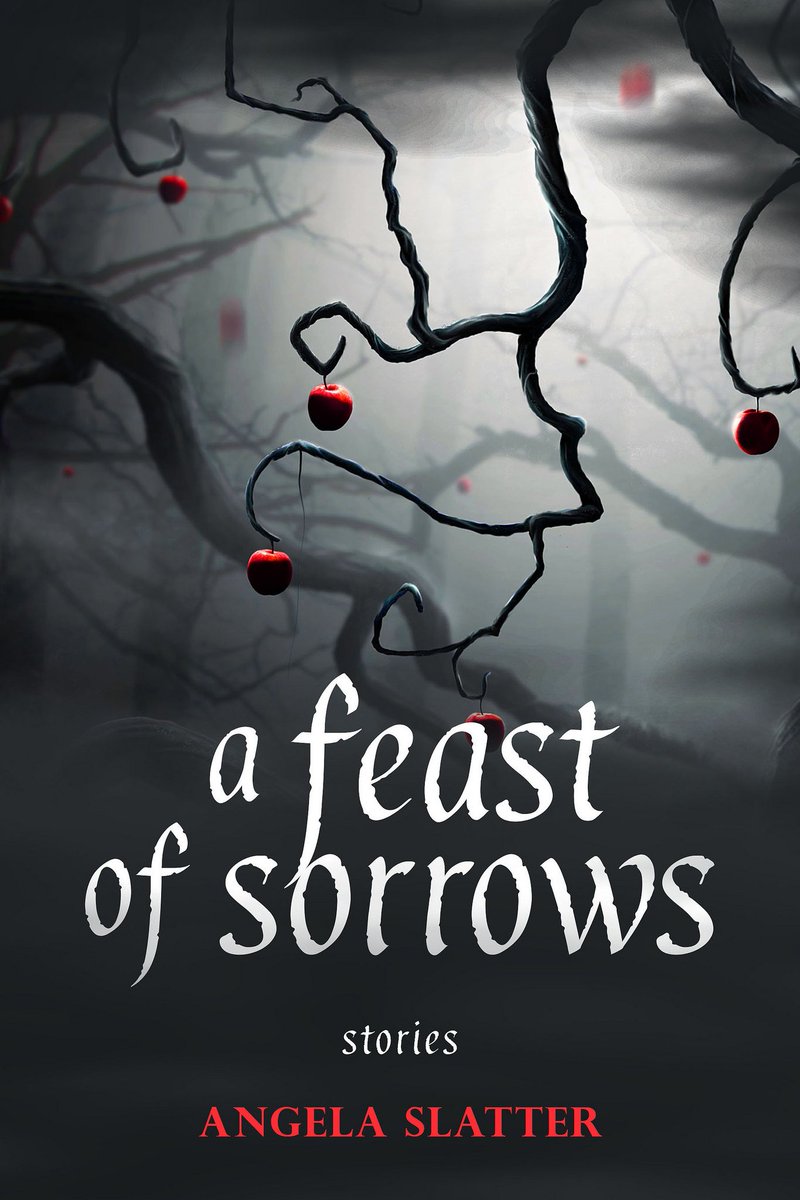
Slatter eschews the notion of reclaiming fairy tales, and with it, any conversation with the heteropatriarchal foundation of fairy tales. Instead, she—like her heroines—is too busy to discuss, criticize, or even chastise those who would impose conformance. Too busy being, if you will: being frightened and fearless, being brave and bold, being frail and fantastical. And A Feast of Sorrows, one of her collections of short fiction, features twelve of her finest, darkest, most transgressive fairy tales.
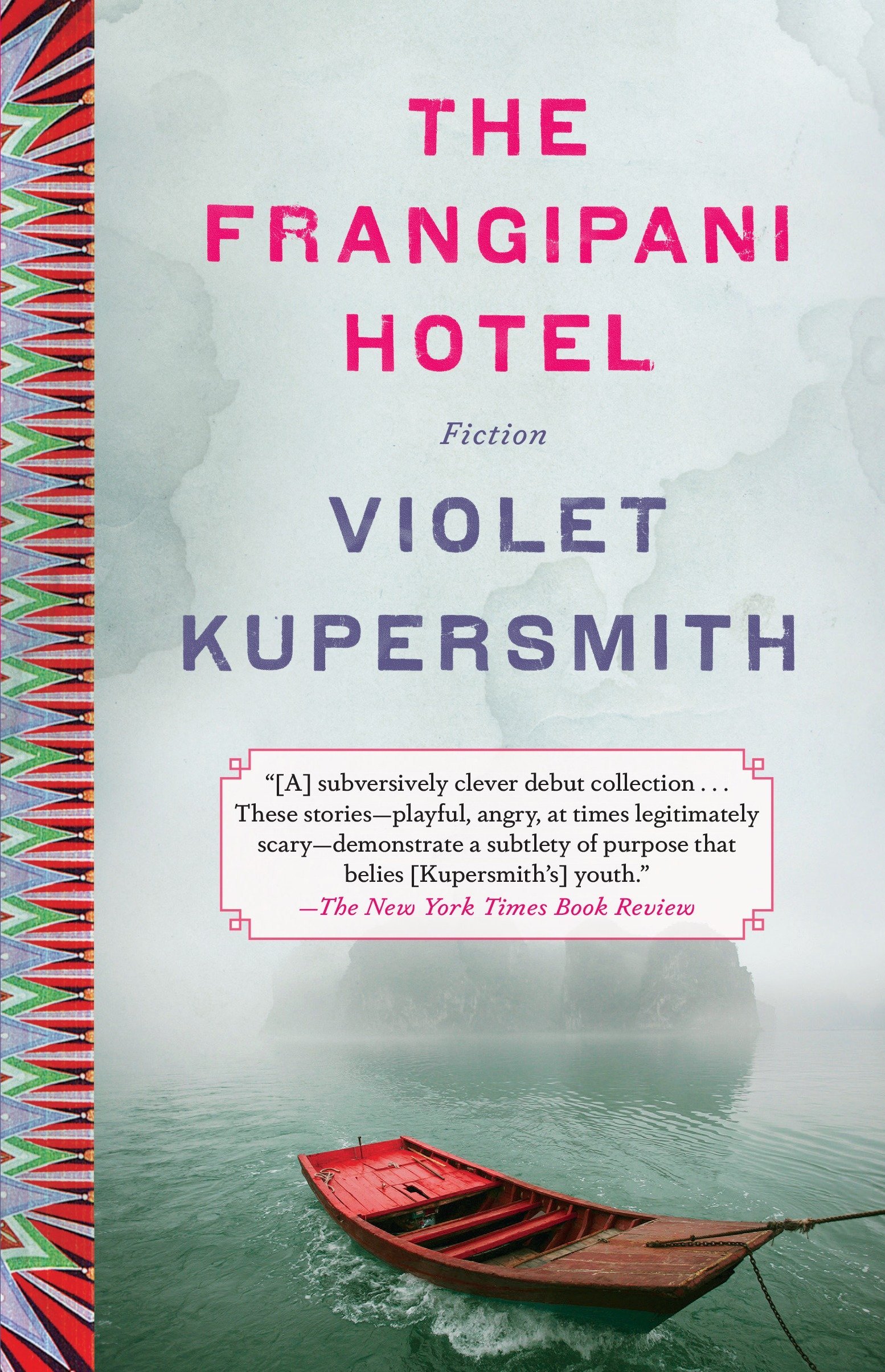
Kupersmith tackles history in her stunning collection, history fraught with war and displacement, so much fear and a stubborn determination to reclaim a culture from the aftermath of American aggression. Kupersmith’s work is born of her mother’s fleeing Vietnam after the fall of Saigon, her grandmother’s folkloric tales, and her own time in a Vietnam still rising after a millennium of occupation. The result is The Frangipani Hotel, a collection of sometimes terrifying, sometimes welcoming, always all-too-human ghost stories about a people emerging from the shadow of war.
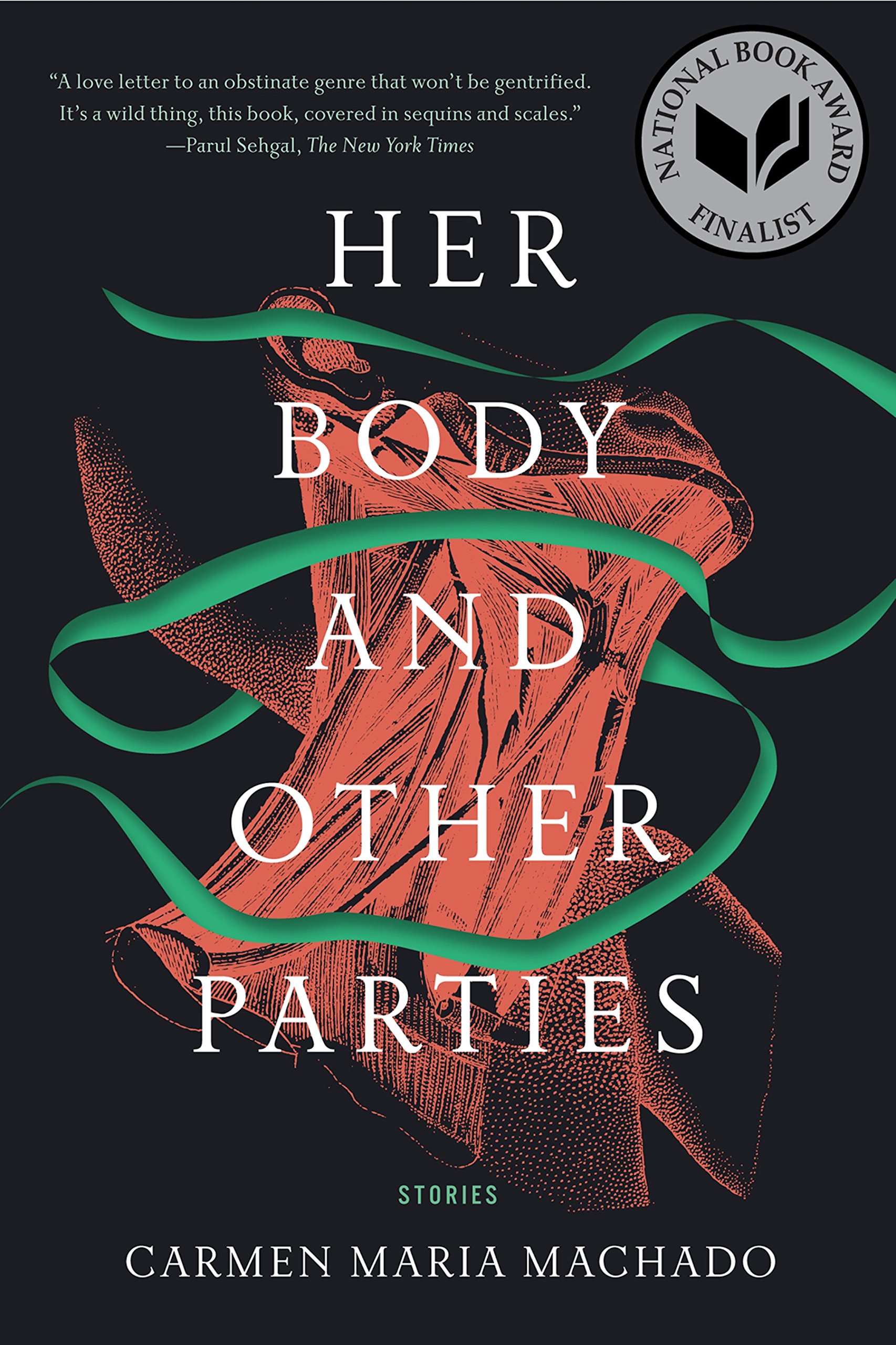
Machado’s breathtaking, shattering work of fuck-you feminist stories opens with a virtuoso retelling of the Velvet Ribbon fairy tale as a fabulist, modern tale of privacy and the inevitability of male intrusions and never lets up from there. Machado incisively lays bare the constant oppressions and all-too-familiar compromises of women’s shared experiences, very aware that revolution can come only after fully realizing the rapacious horror of our quotidian lives.
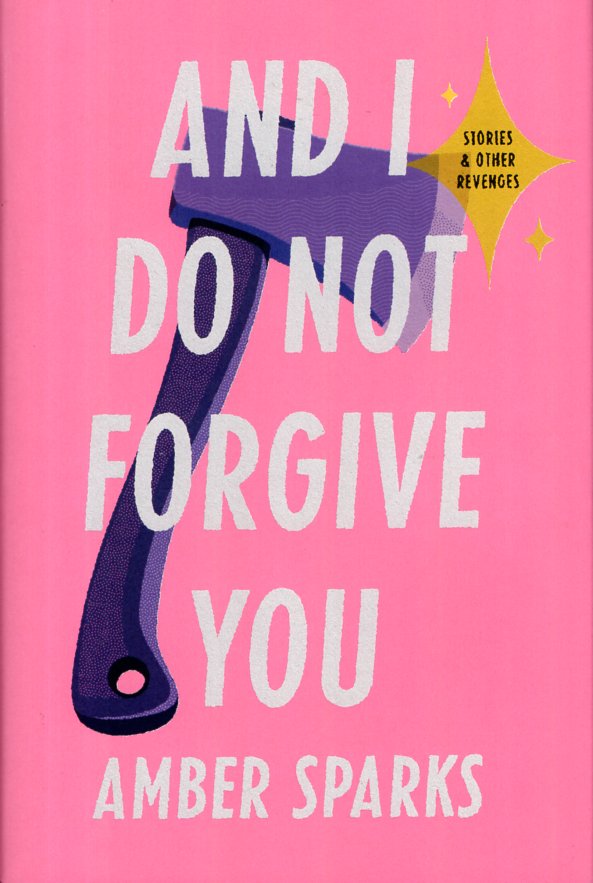
Sparks’ collection is a clarion call cloaked in the glory of a battle cry: unapologetically feminist tales about ourselves—finding ourselves, prioritizing ourselves, caring for ourselves—somehow disguised as mere transgression and reclamation, wrapped in fairy tales and fables. As you spend time with Sparks’ firework of a collection, you realize that these stories may be called “revenges”—and they are—but they are also much, much more: a light in the dark, a reconnection with yourself, a beacon calling you home.
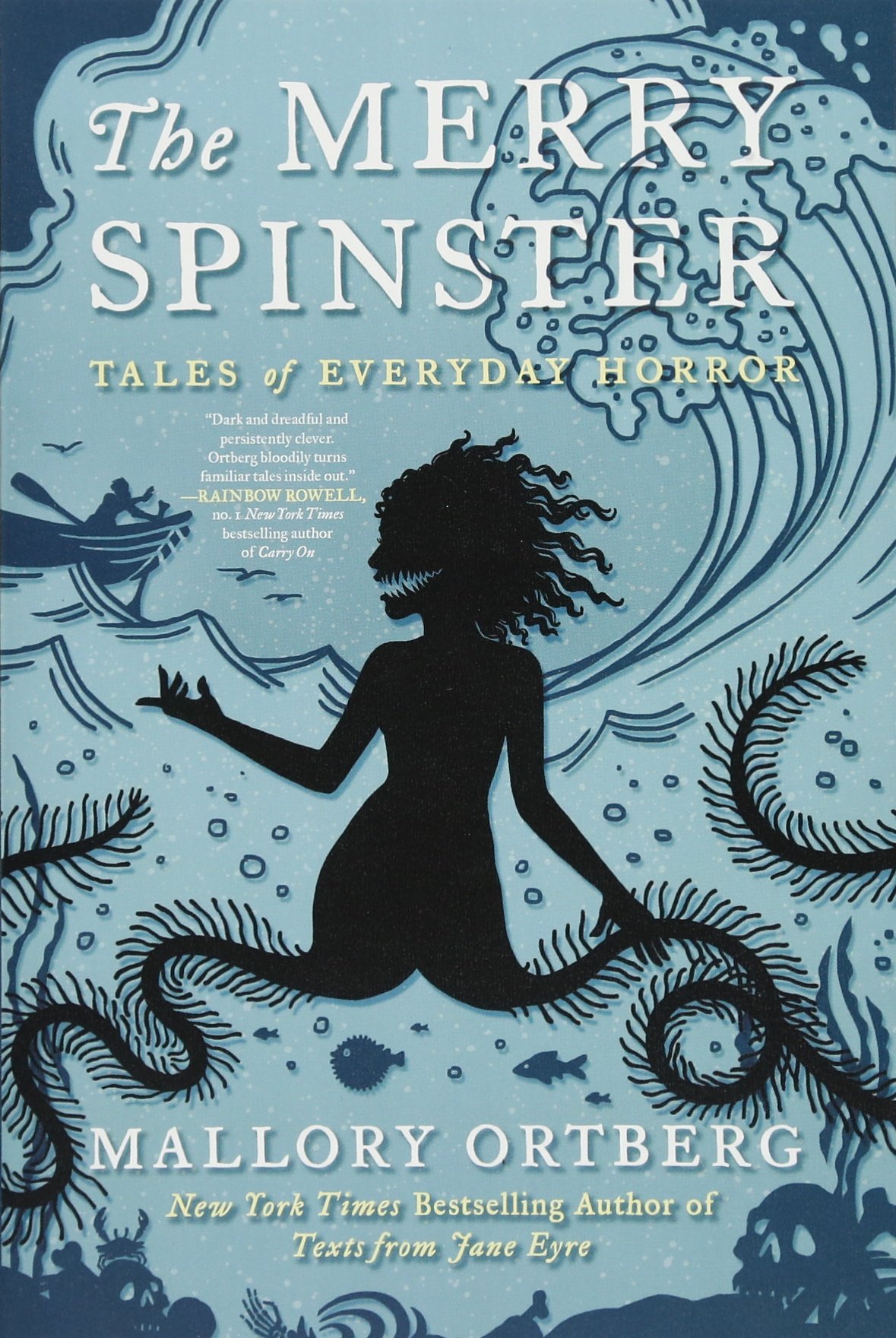
Lavery uses familiar tales—fairy tales, folklore, children’s classics—to unearth unavoidable truths. Here is someone who understands the original, cautionary nature of our stories and how stories travel societies unchanged, not to mention the everyday horrors of societal expectations, biased systems, and expected gender performance. Lavery deftly, dazzlingly detonates all that in The Merry Spinster: Here, people are people, and happiness is happiness, and societal expectations can be damned.

Ogawa is a national treasure in Japan but, despite a number of translations, tragically underread in the United States. Revenge is her weird, weird, breathtakingly weird collection of short stories and a terrific introduction to her larger body of work. As you traverse Ogawa’s eldritch landscape, you’ll stay up late wondering if these works are fantasy at all—or if they’re something far stranger, an examination of the quotidian macabre.
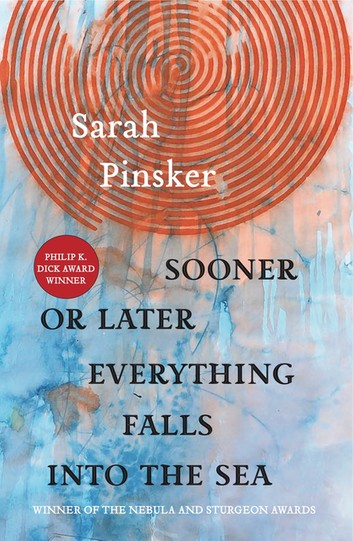
Pinsker’s masterwork—and it is a masterwork—thrives on isolation, nurtures it, consumes it. She has, with great care, woven the inescapable misery of isolation into thread that binds both her craft and your reading experience, a thin line where that isolation becomes desolation, where people cling fervently to hope, and when a single moment of human connection could have changed a life. Her stories are lonely, yearning, destructive, elegiac. Her collection is loss made tangible, in ink and paper.
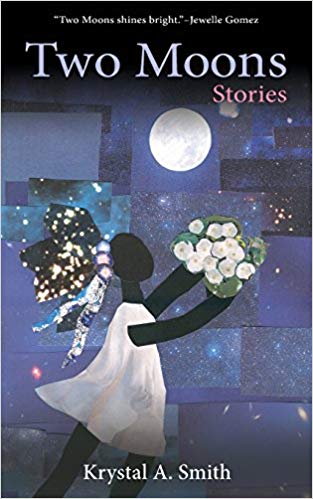
Smith has crafted an utterly joyful, utterly delightful collection full of Black mysticism, queerness, and happy endings. In the opening, gorgeous work, a woman falls in love with the moon. Later, a woman births a goddess—and receives a surprising reward. In a surprise turn, a woman has a heart-to-heart…with her heart. Each work is a further pleasure, a further enchantment, a further chance to find a little bit of bliss. You’ll never want Smith’s collection to end.
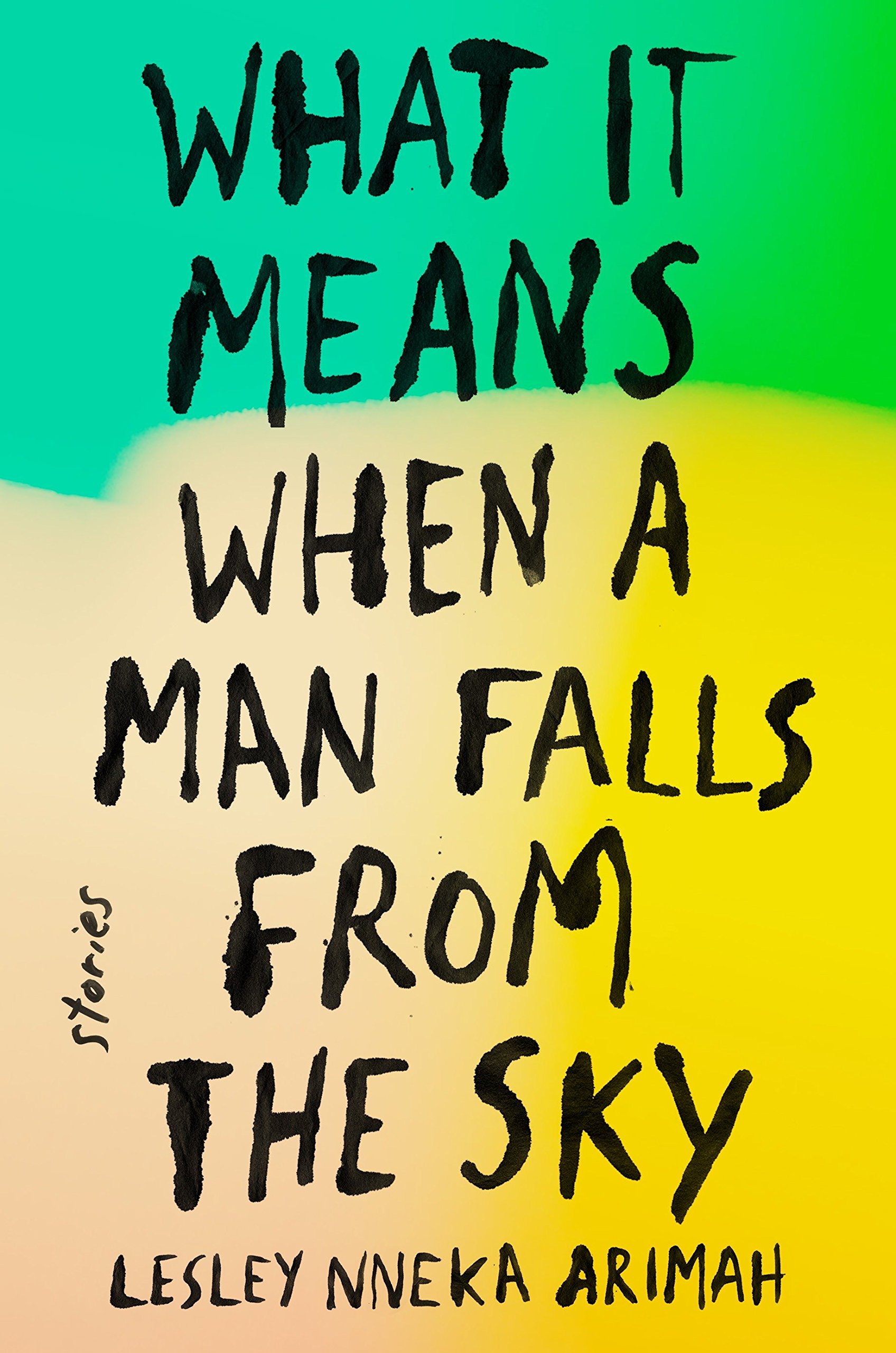
Magnificent, highly perceptive stories, set in Africa or the United States, featuring Black characters and communities. Arimah skillfully deconstructs our need to be connected—sometimes to other people, sometimes to a community, sometimes to an idea of place or home or culture—and sets that against our all-too-real, all-too-destructive world. The first story alone is a gasp-aloud work: shocking, profound, heartbreaking.
Before each conference, Sirens chair Amy Tenbrink posts monthly reviews of new-to-her fantasy and other interesting books by women, nonbinary, and trans authors. You can find all of her reviews at the Sirens Goodreads Group. We invite you to read along and discuss!
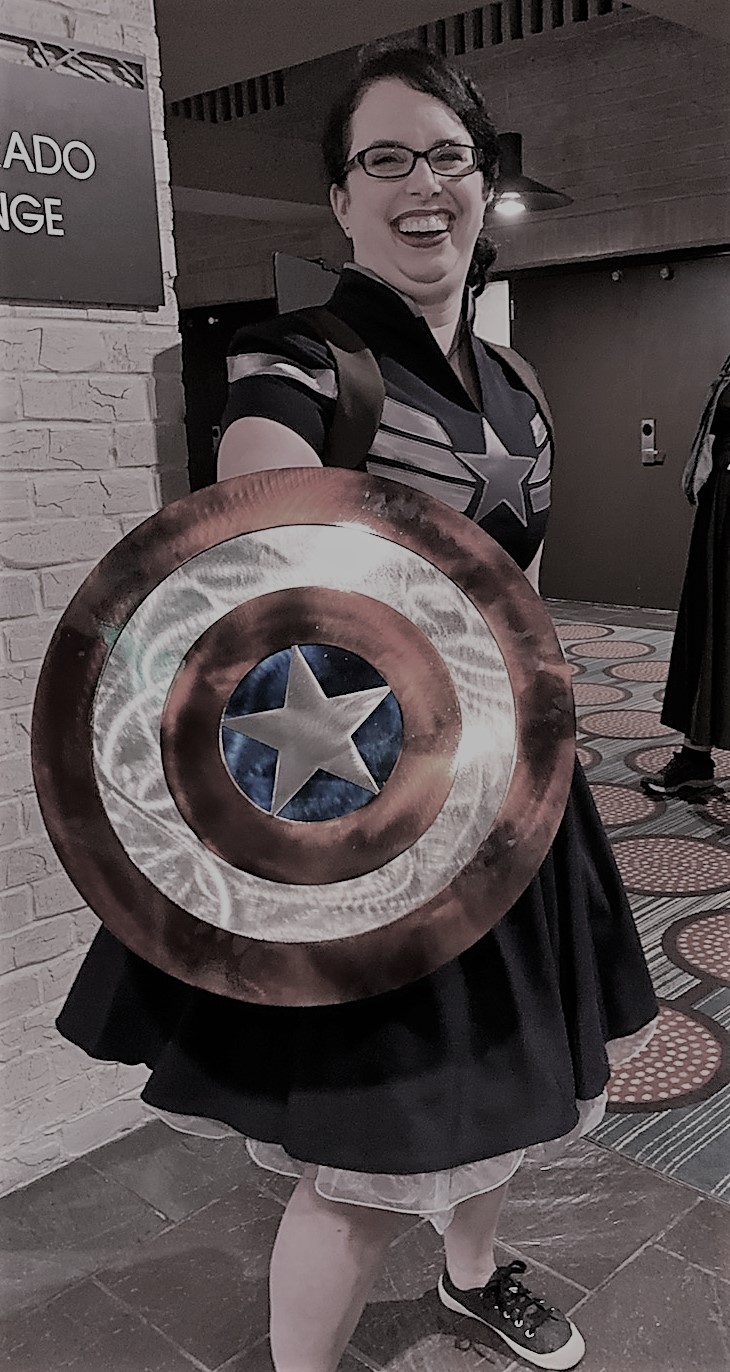 By day, Amy Tenbrink dons her supergirl suit and handles strategic and intellectual property transactions as an executive vice president of a major media company. By night, she dons her supergirl cape, plans literary conferences, bakes increasingly complicated pastries, and reads 150 books a year. She is a co-founder and current co-chair of Sirens, an annual conference dedicated to examining gender and fantasy literature. She likes nothing quite so much as monster girls, flagrant ambition, and a well-planned revolution.
By day, Amy Tenbrink dons her supergirl suit and handles strategic and intellectual property transactions as an executive vice president of a major media company. By night, she dons her supergirl cape, plans literary conferences, bakes increasingly complicated pastries, and reads 150 books a year. She is a co-founder and current co-chair of Sirens, an annual conference dedicated to examining gender and fantasy literature. She likes nothing quite so much as monster girls, flagrant ambition, and a well-planned revolution.







Connect with the Sirens community
Sign up for the Sirens newsletter